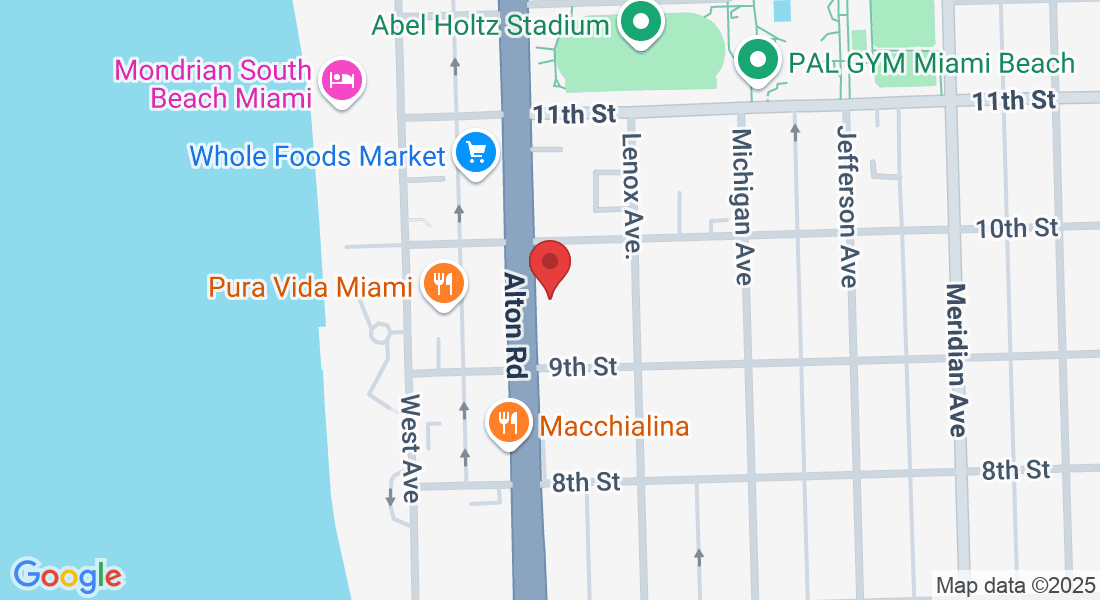📞Call Now: (305) 987-3053
THE ULTIMATE GUIDE FOR MIAMI WAREHOUSE OWNERS
How to Sell for Top Dollar-Fast!
How to Choose the Right Broker
We’re going to be talking about how to choose the right broker.
Contrary to popular belief, all brokers and agents are not created equal. Though on the surface it might seem like they are, there’s a relatively low barrier to entry in the real estate market. It’s often hard to distinguish between a broker who’s been in the business for 1 year versus 20+ years.
Let’s go over some interview questions you should ask when considering a broker:
1. How long have you been in the business?
This helps you gauge their level of experience. Time matters. There’s a seasoning that comes from years in the business—seeing different types of deals, navigating tough situations, and learning from mistakes.
Be cautious of hiring someone who’s brand new—even if it’s your friend’s son who you want to help out who just got licensed. That would be like choosing your brain surgeon right out of med school cause he seemed like a nice guy- I’d rather have the surgeon with hundreds of surgeries under his belt.
Real estate is not just putting pictures online and waiting for offers. There’s art and science to getting a deal across the finish line. There are lots of landmines during closing, and an unseasoned agent might not know how to handle them.
2. Have you ever sold this type of property?
A residential agent who’s only sold homes or condos might not have the commercial marketing tools, buyer database, or knowledge of zoning laws and underwriting methods needed for commercial deals.
They may value your property based on comparable sales when they should be using an income-based valuation method. Make sure they’ve actually sold your type of asset before.
3. Do you have any certifications?
Certifications separate great brokers from average ones. Think of it like this: someone with a doctorate in a field is more likely to be an expert than someone with just a GED logical right?
Real estate licenses are easy to get. But advanced designations like:
- CCIM (Certified Commercial Investment Member) – held by only 6% of brokers nationally. It shows they understand income-producing assets and investment fundamentals on a deep level.
- SIOR – another prestigious commercial certification.
These are rigorous programs that take years in the field and a comprehensive exam to complete. If someone has these, it tells you a lot about their commitment and capability.
4. What’s your specialty and track record?
Many brokers post impressive online profiles, but you need to dig deeper.
Ask:
- How long have they been doing this?
- Do they specialize in your property type?
You wouldn’t go to a foot doctor for brain surgery. So don’t go to a residential agent if you’re selling a $10M industrial building. Work with someone who specializes in your asset type and market and has for many years.
Red Flags to Watch Out For:
- “I do both commercial and residential.” That usually means they mostly do residential and dabble in commercial. That’s fine, but it’s not ideal for selling an investment-grade property.
- They’ve never sold your property type.
- No advanced certifications. If someone’s handling a significant part of your net worth, you want them to be highly qualified.
Case Study: How the Right Broker Made a $1M Difference
We had a client listing a property for $4M. Because we knew the buyers, the area, and had a solid database, we created a bidding environment that drove the final price to $5M.
That’s a $1M gain, or 25% more, simply by using a broker with:
- Market expertise
- Deep buyer relationships
- Transactional knowledge
This particular seller was a church, and the proceeds went to missionary work—so not only did we get them top dollar, but it supported a great cause.
Final Thoughts
Hopefully this gave you some helpful insight for when the time comes to list your property. Too many people only realize after the fact that they should have hired a more experienced broker.
Remember: You only get one chance to make a first impression
Ask the right questions up front.
Assistance Hours
Mon – Fri 9:00am – 5:00pm
Phone Number:
(305) 987-3053
CONTACT US
Assistance Hours
Mon – Fri 9:00am – 4:00pm
Phone Number:
(305) 987-3053


